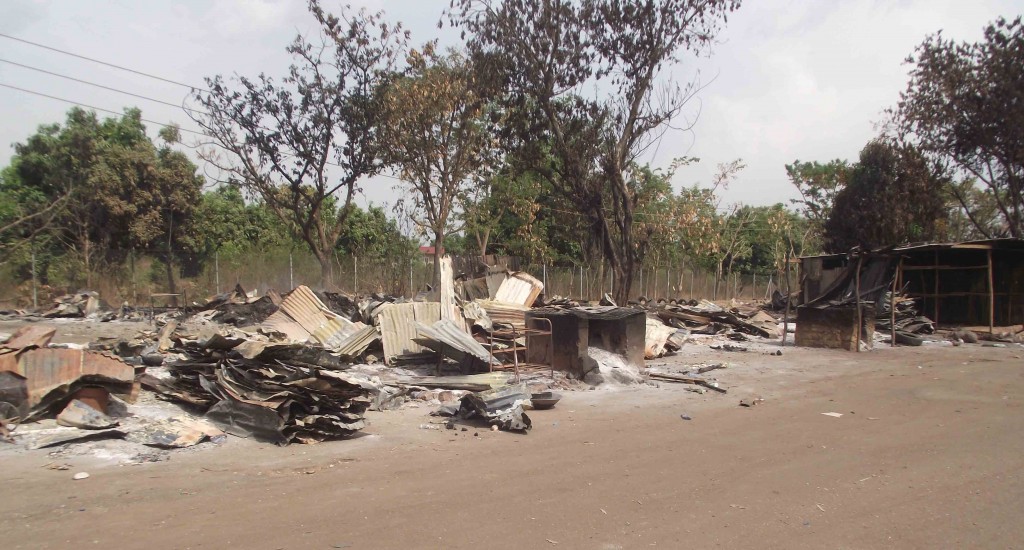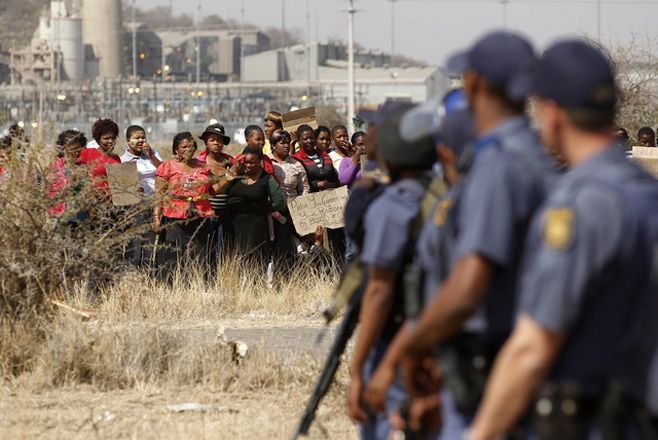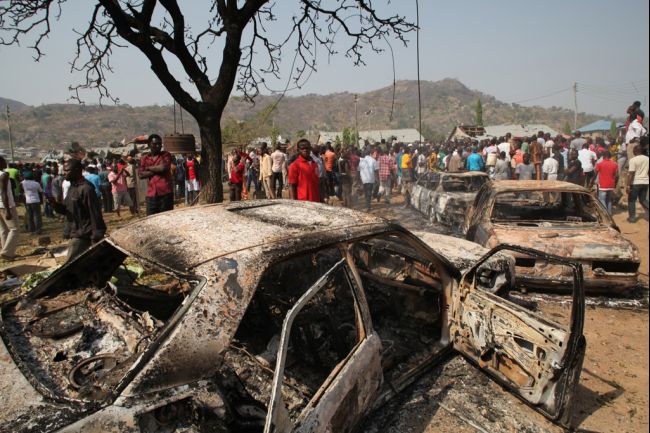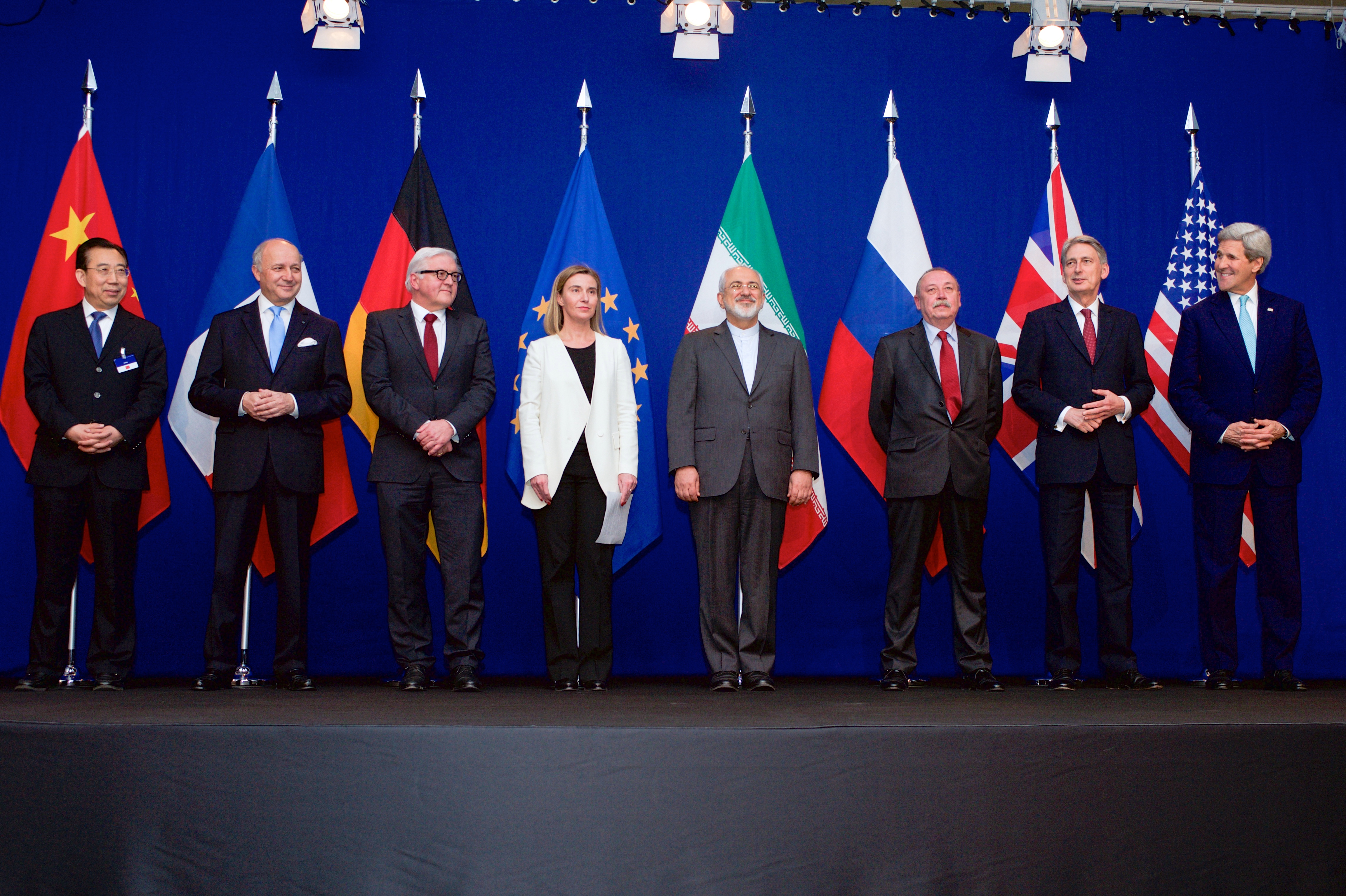About 8 years ago, news broke that intelligence experts in the CIA claimed that Nigeria was heading toward becoming a failed state by 2015. The story made the rounds in Nigeria and became a very popular news story in the country prompting even the Nigerian government to openly criticize the United States for making the prediction.
We now know, thanks to a THISDAY Nigeria report, that the report was false. The source of the story was a report issued at an unclassified conference organized by the American National Intelligence Council (NIC) that aimed to bring together top American authorities on sub-Saharan Africa to discuss the continent’s prospects over the next 15 years. The report was titled “Mapping Sub-Saharan Africa’s Future.”
It was in this report that the idea of Nigeria’s failing as a state and the possible consequences that it could have first appeared. Nigerian journalists failed to note that it was made clear in the report and at the conference that none of the views expressed were indicative of the American government’s views on any sub-Saharan country.
Despite what we now know about the authenticity of that report, there is no denying that when one looks at the current state of Nigeria, those American experts might have been on to something with their prediction.
So just how close is Nigeria to being a failed state? According to the Fund for Peace (FFP)’s newest Failed State Index (FSI), the most comprehensive failed state indicator, Nigeria is currently the 16th most likely country to become a failed state. Although Nigeria dropped two places from its rank last year, this is a long way from Nigeria’s 54th place ranking in 2005 when the FFP made its first Failed State Index and when the prediction about Nigeria failing was made. It is also the 7th straight time that Nigeria has been in the top 20 on the Failed States Index.
Before an assessment of Nigeria’s prospects is made, it is important to try to pick out the defining features of a failed state and then to assess Nigeria on the criteria available. A failed state is a state where the government can no longer perform its duties to its citizens. According to the FFP, the major characteristics of a failed state include a government’s loss of physical control over territory and the use of force, loss of legitimate authority to make decisions, loss of the ability to provide public services and loss of ability to fully interact with others as a member of the international community.
It is safe to say that as it stands right now, the Nigerian federal government does not have total control over Nigerian borders or the use of force within its borders. I have previously highlighted how the free flow of weapons from North Africa into northern Nigeria has galvanized Boko Haram and has helped to intensify their destructive campaign in the north of the country. The reason why these weapons have been so readily accessible to the militant group is precisely because the Nigerian government has been unable to police its northern border.
Furthermore, despite progress in dialogue with the Movement for the Emancipation of the Niger Delta (MEND), militancy still continues to be a major problem in the south of the country and it continues to eat heavily into potential oil revenue for the Nigerian government to enable it to effectively carry out its duties. Just in the first quarter of 2013 alone, Nigeria lost N191 billion ( over $1.2 billion Canadian dollars) due to oil bunkering by militants.
We are also seeing these militants become a factor politically. Only recently, Asari Dokubo – the premier Niger Delta militant, who was pardoned despite his primary role in wreaking havoc in the oil fields in the Niger Delta, came out and declared that Nigeria would be asking for war if his fellow Ijaw tribesman, President Goodluck Jonathan, is not re-elected in 2015. We are also seeing the rise to prominence of the Ombatse militant group in Nassarawa state, a northern equivalent to the Niger Delta militants. To show how effective these militant groups have been, there is currently a state of emergency in three northeastern states and since 2011 Boko Haram has forced the government to declare state of emergency of varying degrees in 6 northern states.
In addition, the Jonathan government is losing legitimacy to make authoritative decisions that the entire country will listen to by the passing day. The Nigerian political landscape is arguably at its most confusing and most muddled point since the country’s transition back to civilian rule in 1999. The relationship between Rivers State governor, Rotimi Amaechi, and president Goodluck Jonathan sums up the country’s political situation. Amaechi is at the heart of the split of the governor’s forum that was supposed to foster increased cooperation between the states and he now heads a faction – including some governors from the president’s own party- who are at odds with the president. The ruling party, the People’s Democratic Party (PDP), has been torn apart as well, as there are a substantial number of prominent members who do not agree with President Jonathan or respect what he stands for.
To worsen the situation, tribalism has come to the fore again in Nigerian politics. Many within the ruling party, mostly northerners, believe that President Jonathan should not run in 2015 because he would be violating the north-south rotation agreement encoded in the party manifesto. However, president Jonathan has only served one term and would not be in violation of the constitution if he chose to run again in 2015. Many predict that should he choose to run, the northern party members will do their utmost to disrupt proceedings come election time. These are clear signs that the government is losing its legitimacy at an alarming rate.
Despite all the aforementioned, Nigeria’s image in the international community remains its redeeming quality. It is still enough to plant doubt in the minds of many as to Nigeria’s chances of being a failed state any time soon. Nigeria remains the regional power in West Africa and is the leader in ECOWAS. Nigeria is about to take its seat on the UN Security Council for the fourth time and many view Nigeria as vital to fighting the new terrorist wave spreading into sub-Saharan Africa. The Nigerian government is still more than capable of carrying out its full duties as a member of the international community. This does not look under threat any time soon as, Nigeria is one of the most respected African countries in the international community.




